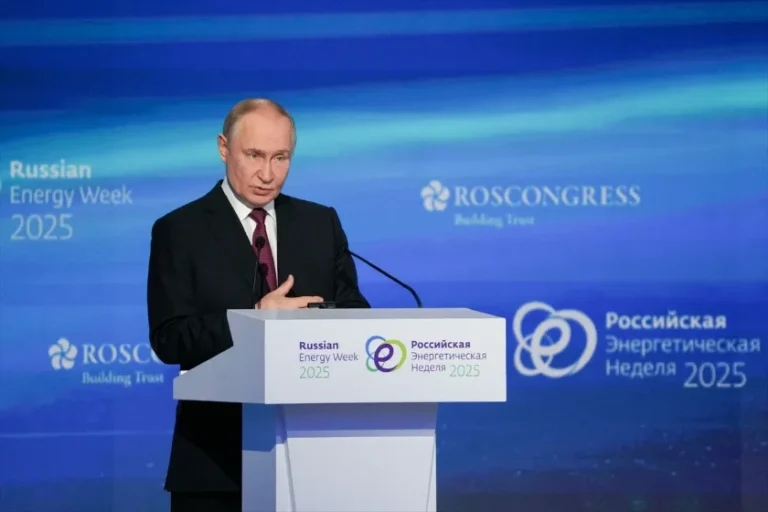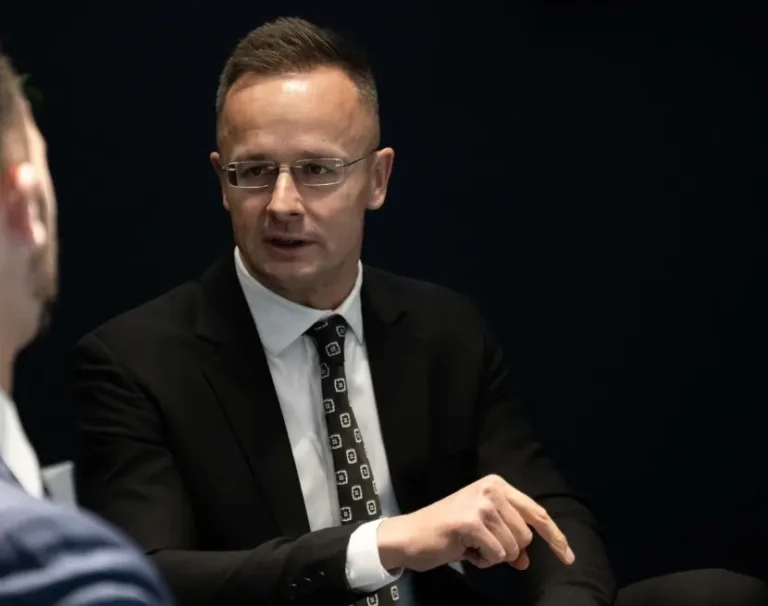Russia
BREAKING: PM Orbán heads to Moscow at dawn to meet President Putin

BREAKING – PM Orbán may meet Putin on Friday in Moscow

The drones of Ukraine’s Hungarian hero blew up a thermal power plant near Moscow

Trump’s latest remark takes a subtle swipe at Orbán as well

Traffic halted at major European airport after multiple drone sightings

Crucial meeting ahead: Ukraine’s future may be decided soon

Despite his promise, Putin hikes VAT in Russia, then blames the “war-loving West”

NATO forces could take up to 45 days to mobilise in the event of a Russian attack

Orbán-Trump deal live: Hungary’s exemption from US sanctions enters into force today

Austrian reports link Orbán’s son-in-law to Raiffeisen’s Russian subsidiary sale

The US sanctions waiver list has been published – but Hungary is not on it

PM Orbán reveals whether Hungary would ever leave the European Union

War in Ukraine: How long can Russia tolerate its dependency on China?

Metropolitan who obtained Hungarian citizenship and slept alongside his altar boy might be Russian secret agent

Hungarians catch Russian aircraft one after the other: Hungarian lieutenant colonel revealed insider insights – photos

Lie or confusion? Orbán says “indefinite,” Washington says “one year” — Latest on US sanctions waiver

Hungarian energy company Mol secretly plans to take over sanctioned Serbian oil giant

Russian discount chain coming to Hungary under new name: here’s when and where it will open





 ZH
ZH IT
IT DE
DE HR
HR NL
NL FR
FR JA
JA RO
RO RU
RU ES
ES TR
TR
